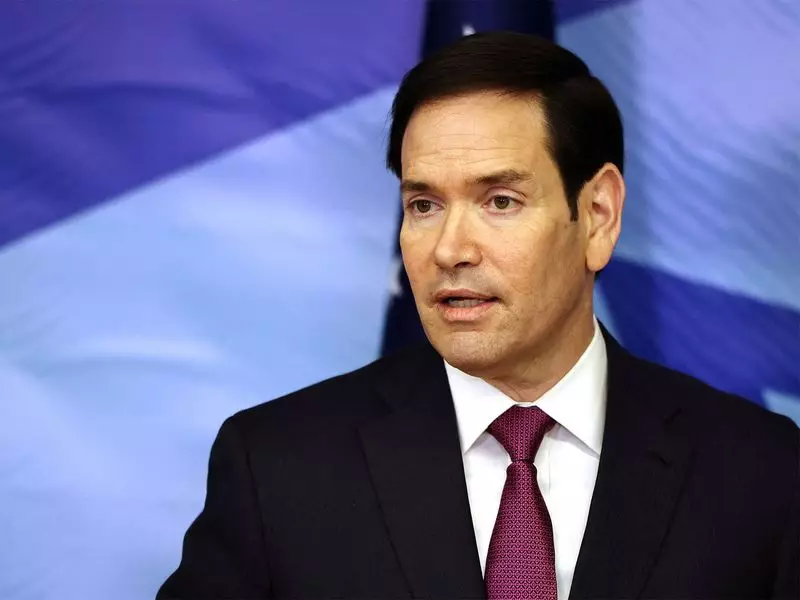
In a significant diplomatic clarification that underscores America's strategic priorities in South Asia, US State Secretary Antony Blinken has emphatically stated that Washington's evolving relationship with Pakistan will not come at the expense of its crucial partnership with India.
Strategic Clarity on US-India Partnership
During recent discussions, Secretary Blinken addressed growing concerns about America's diplomatic balancing act in South Asia. The top US diplomat made it clear that the United States values its relationship with India too highly to compromise it for any other regional engagement.
"Our relationship with India stands on its own merits," Blinken emphasized, highlighting the depth and significance of what he described as "one of America's most important bilateral relationships."
Pakistan Relations: A Separate Track
While acknowledging that the United States continues to maintain diplomatic channels with Pakistan, Blinken stressed that these engagements operate on a completely separate track from US-India relations. The clarification comes amid ongoing geopolitical shifts and America's broader strategic interests in the Indo-Pacific region.
This position was reinforced by Senator Marco Rubio, who noted that any engagement with Pakistan would be carefully calibrated to ensure it doesn't undermine the substantial progress made in US-India relations over recent years.
Why This Matters for India
- Strategic reassurance at a time of global realignments
- Clear commitment to the US-India comprehensive global partnership
- Diplomatic stability in bilateral relations despite regional complexities
- Continued cooperation on defense, technology, and economic fronts
The statement serves as a strong reaffirmation of America's commitment to its partnership with New Delhi, particularly important given India's growing role as a key strategic partner in the Indo-Pacific and a counterbalance to Chinese influence in the region.
This diplomatic assurance comes as both nations continue to deepen their collaboration across multiple sectors, including defense technology sharing, climate initiatives, and economic partnerships that benefit both countries' strategic interests.





